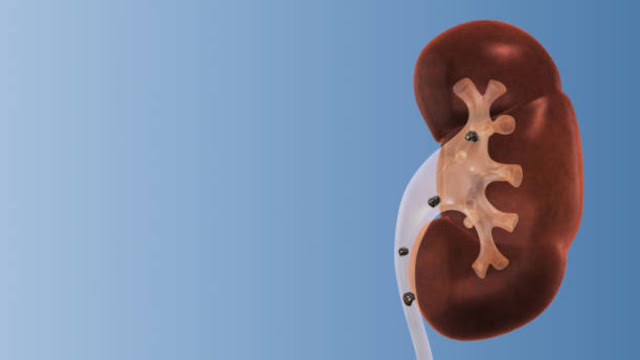Muscle building

Muscle building, also known as muscle hypertrophy, is a process
that involves the development and growth of skeletal muscle fibers. It is fundamental
to strength training and physical fitness, aiming to increase muscle size,
strength, and overall muscularity. Muscle building is achieved through a
combination of resistance training, proper nutrition, and adequate rest and
recovery.
Resistance training forms the foundation of muscle building.
It involves engaging in exercises that stress the muscles, stimulating them to
adapt and grow stronger. These exercises can be performed using able weights,
weight machines, resistance bands, or body weights. Joint resistance training
exercises include squats, deadlifts, bench presses, shoulder presses, and
various isolation exercises targeting specific muscle groups.
Resistance training typically involves lifting weights that
are challenging enough to cause muscle fatigue within a specific rep range to
promote muscle growth. This range often falls between 6 to 12 repetitions per
set. By progressively overloading the muscles over time, either by increasing
the weight lifted or the number of repetitions performed, individuals can
stimulate muscle fibers to adapt and grow stronger.
Proper nutrition plays a vital role in muscle building. To
support muscle growth, individuals need to consume adequate protein, which is
essential for muscle repair and synthesis. Protein-rich foods such as lean
meats, hens, fish, eggs, dairy products, legumes, and plant-based protein
sources should be included in the diet. Consuming approximately 0.7 to 1 gram
of protein per pound of body weight per capita day is recommended for muscle-building.
In addition to protein, a balanced diet consisting of
carbohydrates and healthy fats is essential for providing energy and supporting
overall health. Carbohydrates are the body's primary fuel source, providing the
energy required for intense workouts. Multipart carbohydrates, such as whole
grains, fruits, and spuds, are preferred over simple sugars. Healthy fats in
sources like avocados, nuts, seeds, and fatty fish provide essential nutrients
and support hormone production.
Adequate rest and recovery be situated essential for muscle
building. Muscles grow and repair during periods of rest, not during exercise.
It is obligatory to allow sufficient time for recovery between workouts to
avoid overtraining and maximize muscle growth. This includes getting enough
sleep, as sleep plays a crucial role in hormone regulation, muscle repair, and
overall recovery.
To optimize muscle building, following a well-designed
training program that incorporates progressive overload, variety, and
consistency is beneficial. A progressive overload approach involves gradually
increasing workouts' intensity, volume, or complexity concluded time. This can
be achieved by increasing the weight lifted, the number of repetitions, or the
number of sets performed. Varying exercises and training modalities help target
different muscle groups and prevent plateauing. Consistency is vital, as
regular and consistent training sessions allow continuous muscle stimulation
and adaptation.
It is important in the direction of note that muscle
building is a process that incomes time and dedication. Results may not be
immediate, and different progress can vary based on genetics, training
intensity, nutrition, and recovery. Setting realistic goals and maintaining a
long-term perspective when it comes to muscle building is essential.
Beyond the physical benefits, muscle building offers
numerous advantages for overall health and well-being. Increased muscle mass
contributes to improved body composition, as it helps to reduce body fat also
increase lean body mass. This can enhance metabolic rate, making it easier to
maintain a healthy weight. Building muscle also improves strength, power, and
functional performance, allowing individuals to perform everyday tasks more
efficiently and reduce the risk of injury. Additionally, muscle building can positively
impact mental well-being, boosting self-confidence, self-esteem, and body
image.
In conclusion, muscle building is a process that involves
the development and growth of skeletal muscle fibers through resistance
training and proper nutrition.
